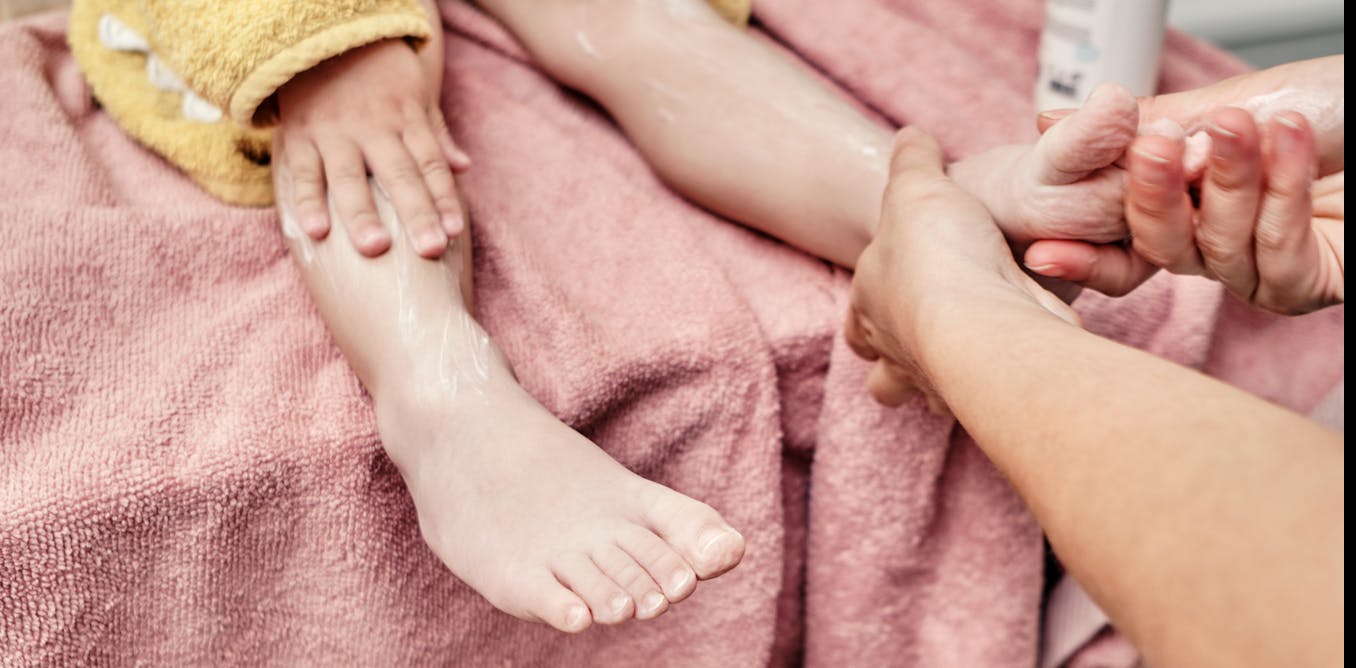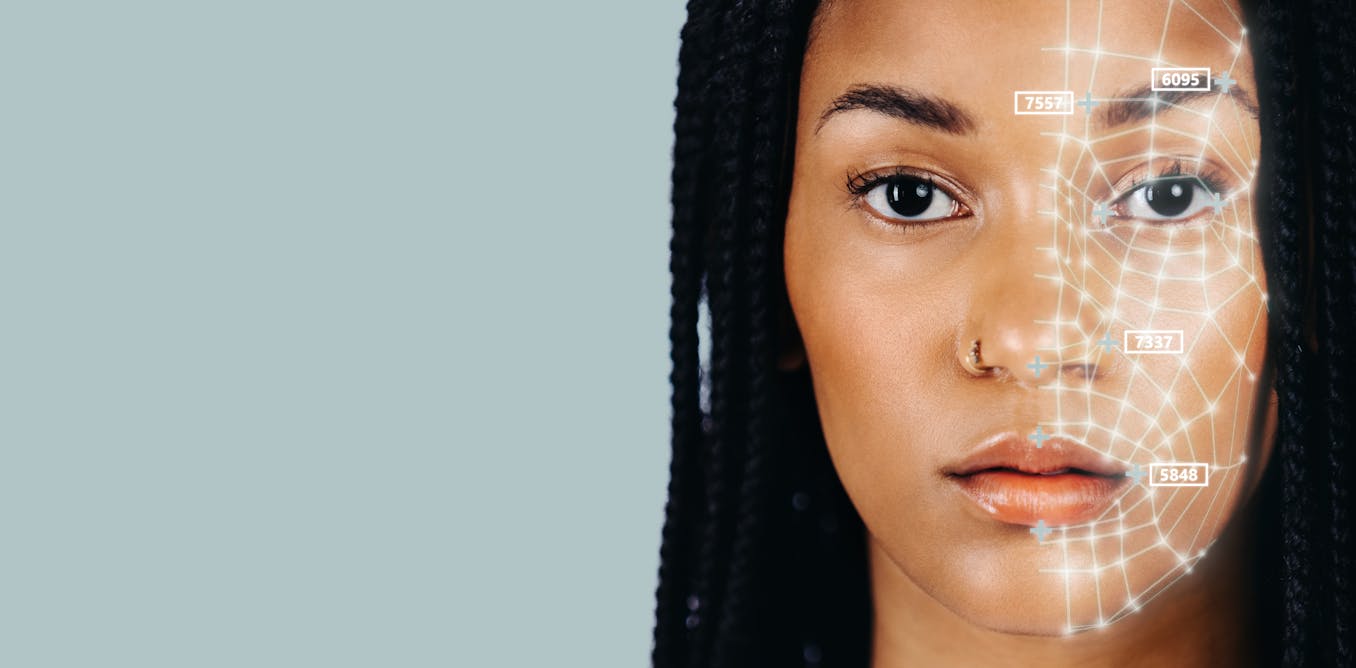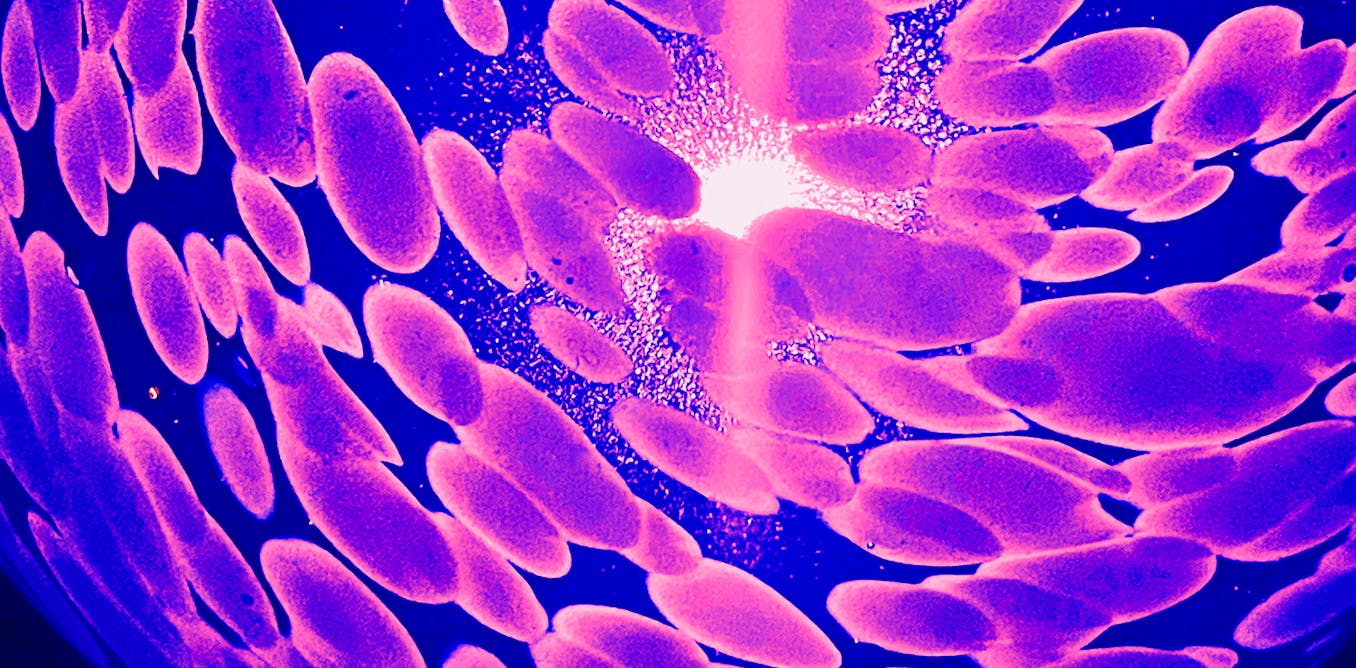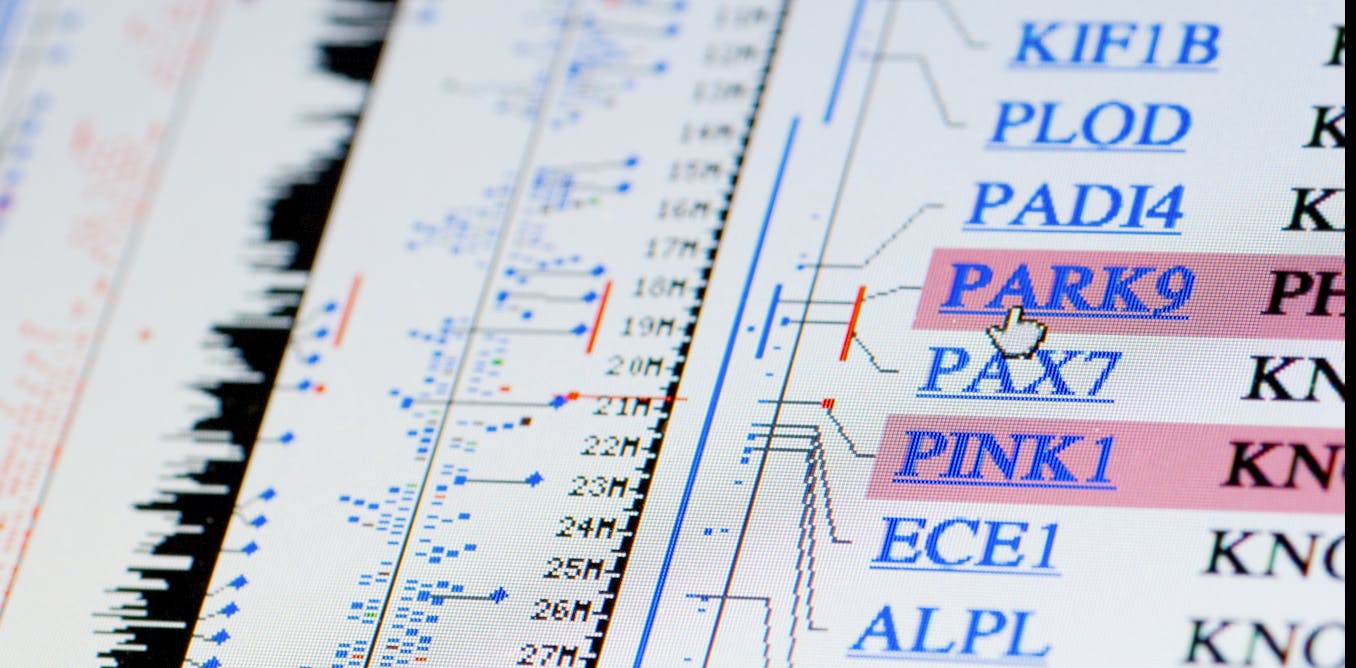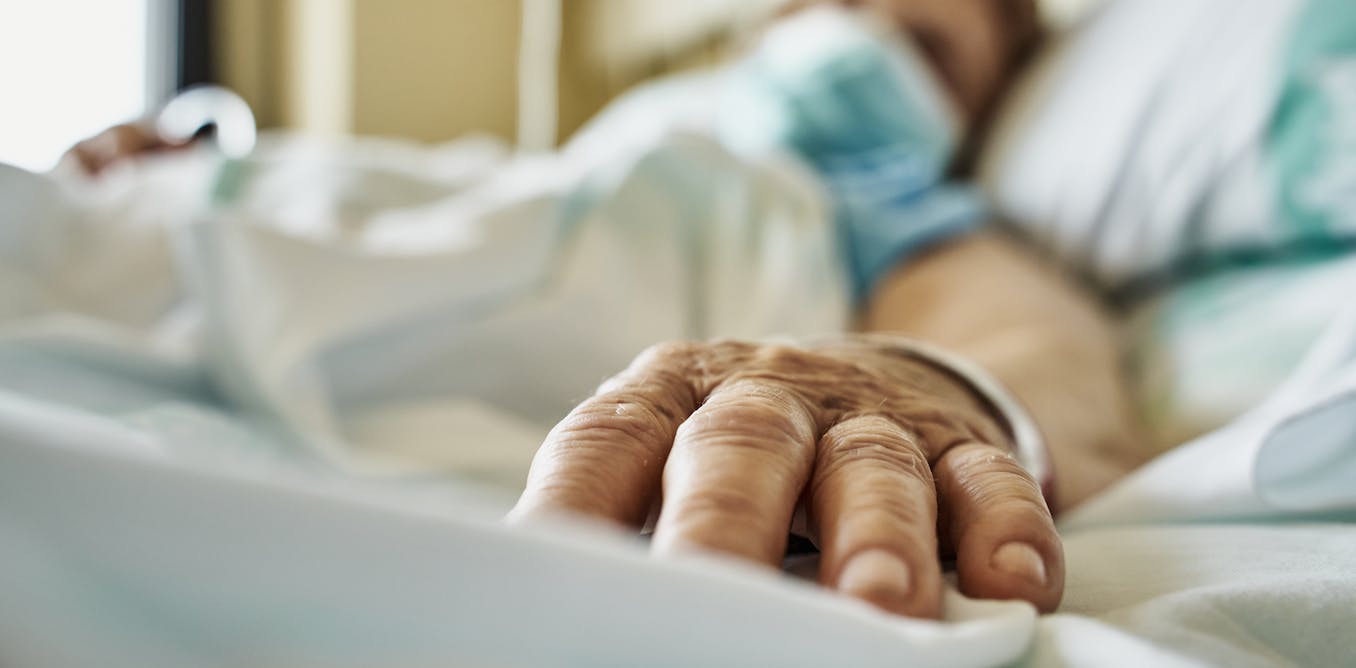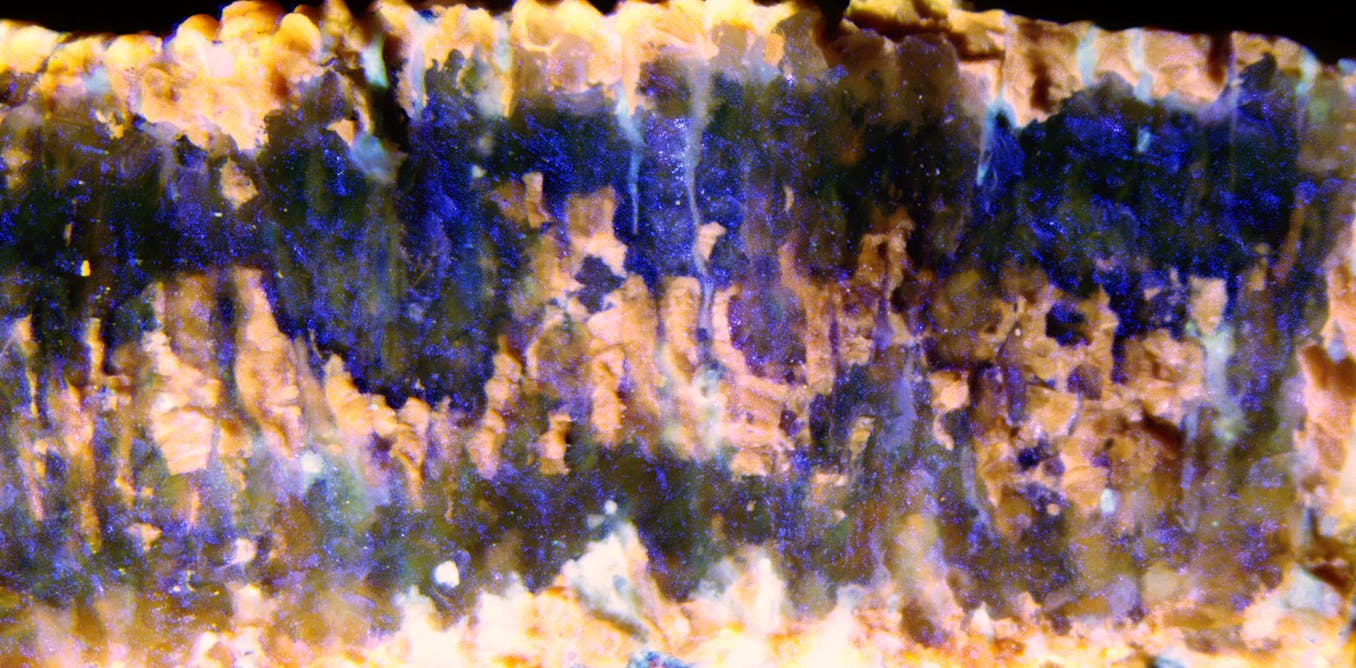Chemical pollutants can change your skin bacteria and increase your eczema risk − new research explores how
From synthetic fabrics to car exhaust to wildfires, exposure to environmental pollutants push the skin microbiome to adapt in ways that reduce its ability to protect the skin.
April 22, 2024 • ~9 min

